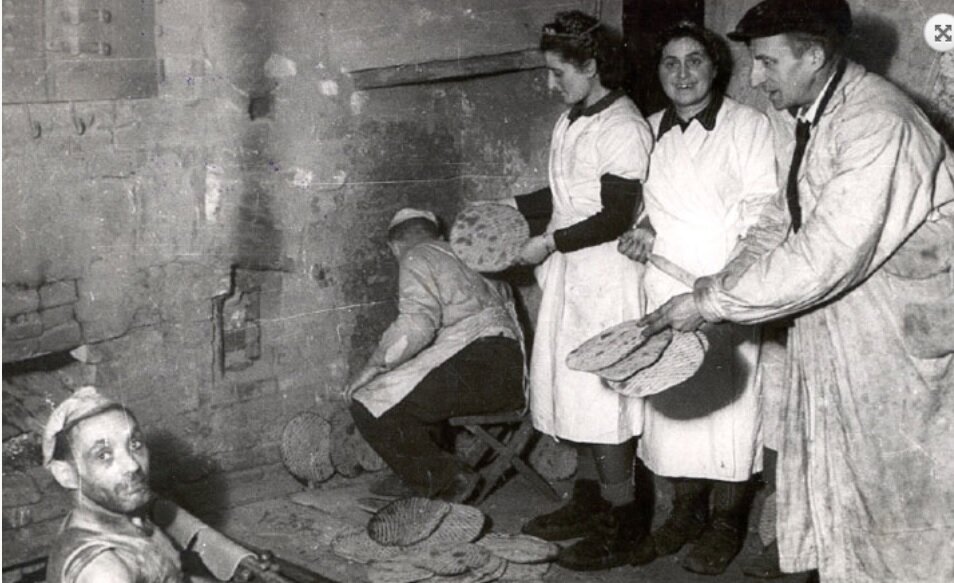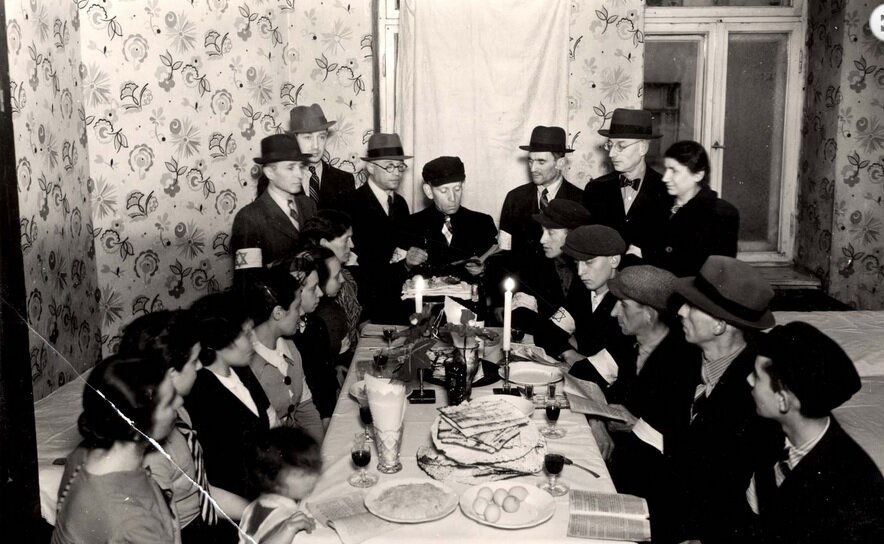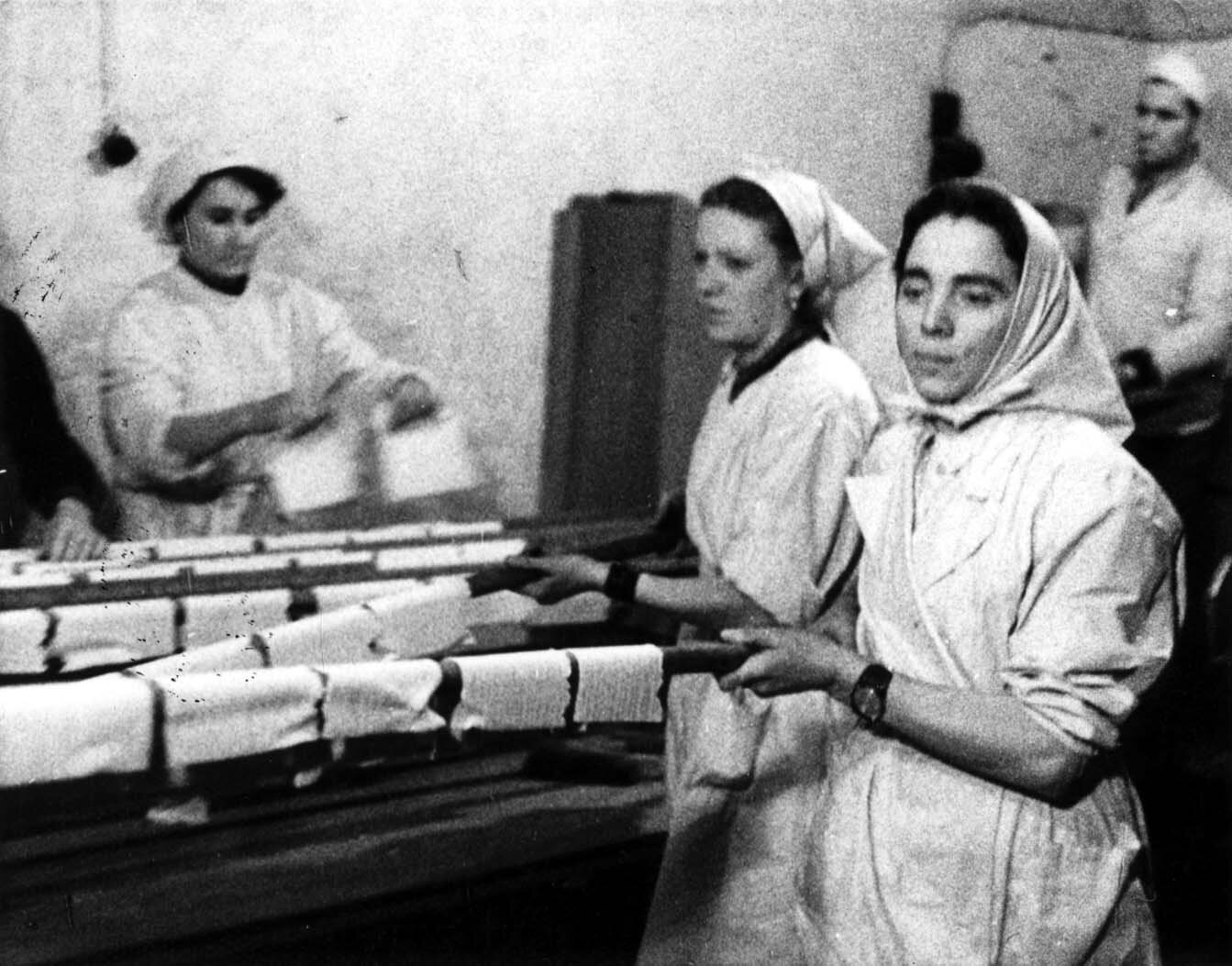Passover in Challenging Times
While we live in challenging times, the Jewish people have celebrated Passover under much more difficult circumstances throughout their history.
Masada: 73 AD
The Jews rebelled against Roman rule in 66 AD. Rome crushed the rebellion and destroyed the temple, ending the traditional temple-oriented Passover festival. A remnant of Jews held out in the mountain fortress of Masada until 73 AD. According to Roman–Jewish historian Josephus, when the Romans were finally about to break into the fortress, the Jews committed mass suicide. They preferred to die as free people, rather than be captured into slavery. This occurred, according to Josephus, on the first day of Passover.
Masada
Masada is one of the most visited places on Israel, an ongoing symbol of the fight for freedom and resistance against tyranny.
Bar Kokhba Revolt – 135 AD
Bar Kokhba Sports Club
The Jews, led by Bar Kokhba, again rebelled against Rome. The Romans brutally suppressed the rebellion inflicting heavy casualties. According to some scholars, the Passover Haggadah book used at the seder alludes to this rebellion. We read the story of several Rabbis who were “reclining” in Bnai Brak and telling the “Exodus from Egypt” story all night. Their students arrived and said to them, “Our rabbis, the time for reciting the morning Sh’ma (prayer) has arrived.” One possible explanation is that the Rabbis did not know that morning had arrived because they were hiding from the Romans in a cave during this revolt. There is speculation that these rabbis may have been planning the revolt in Bnai Brak, Rabbi Akiba’s home base. They were telling the Exodus story as inspiration for the revolt against Rome.
Blood Libels: 1144 AD to Present
Blood Libel, 15th century illustration
In 1144 AD, the first blood libel accusation occurred in Norwich, England. Blood libels accuse the Jews of murdering children and using the blood to bake matzah and make Passover wine. The accusations spread all over Europe, inciting periodic massacres, around Passover time, against Jews. These libels continued for several hundred years. Russian blood libel pogroms (massacres) in the late 1800s and early 1900s spurred the growth of the Zionist movement leading to the founding of the State of Israel. In recent years, the terrorist Hamas group has perpetuated the blood libel as part of its anti-Israel campaign.
Spanish Inquisition: 1480 – 1834
Secret Seder (Public Domain, https://commons.wikimedia.org/w/index.php?curid=2212761)
Jews were expelled from Spain in 1492. Most left, but some remained, practicing their faith in secret. Seeking to root out clandestine Jews, the Catholic Church established the Spanish Inquisition. The Inquisition interrogated, tortured, and burned Jews in public if they were found to be practicing Judaism in secret. Neighbors and servants were encouraged to report attempts at observing Passover and other Jewish religious practices. Jews, known as conversos (Spanish for converted), continued to observe Jewish holidays and traditions. In 1808, Napoleon conquered Spain and abolished the inquisition. After Napoleon’s defeat, Spain attempted to reinstate it, but finally the Inquisition was officially repealed in 1834. The 1492 decree expelling Jews from Spain was formally revoked in 1968.
Holocaust: 1939 - 1945
Celebrating a Seder in the midst of the Holocaust had to be the ultimate symbol of defiance. It was the eve of Passover, April 19, 1943. A small group of Jews began to battle the heavily armed German forces that were attempting to liquidate the Warsaw Ghetto. This fight became a symbol of resistance to the Holocaust. At the same time, other Jews held Seders in their houses or in underground bunkers. Could there have been any more trying time to celebrate Passover and its message of freedom than in the Holocaust?
Conclusion
This year may the memories of Jews who kept Passover under unimaginable circumstances and danger inspire us today to celebrate Passover with joy and pride. However we choose to celebrate, it will be enough. Dayenu!






